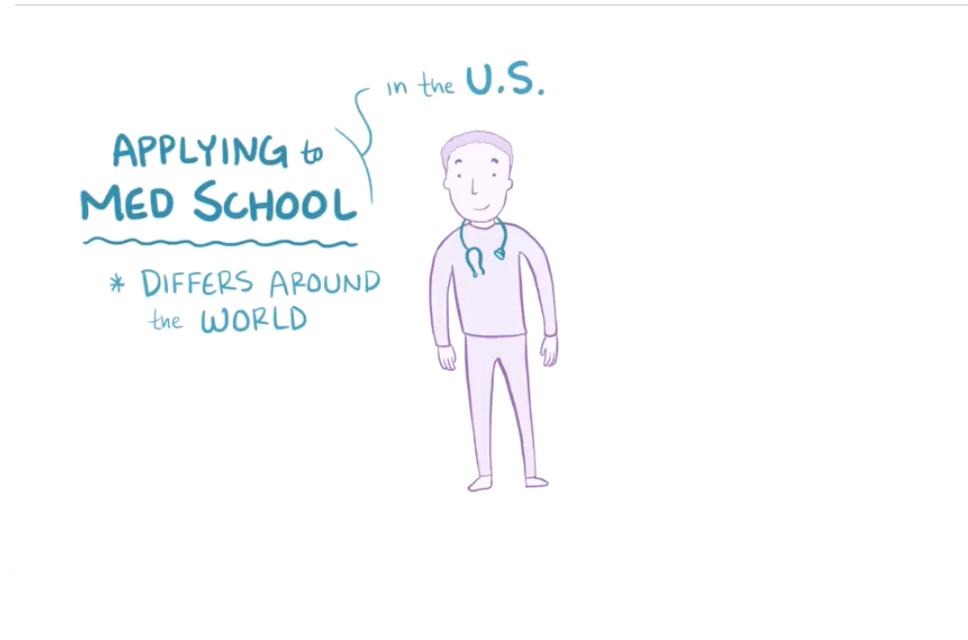Dress like an intern, not a hipster, not an executive
When I was in first-year medicine I had my ears pierced and grew my hair out. I went to attend a surgery and showed up with my piercings in and my little ringlets popping out from beneath the surgical head mask. The consultant gave me a look of consternation, the same look you’d expect from your curmudgeon next-door neighbor who’s disgruntled at kids skateboarding outside his house. He said to me, “Those piercings you have there; that hair of yours; you don’t look like a med student. I’ll tell you what. If you go back to the locker room, take out those piercings, and tuck that hair into your cap, you can observe this surgery.” I acquiesced. But I hadn’t learned the lesson yet.
The Match: A Guide for the Big Day
It’s almost here! The day you’ve been waiting for! Before we talk about how to … Read more

















